



To facilitate increased proportion of skilled women in managerial and supervisory roles in the RMG sector through improved access to high-touch soft-skills coaching and management training opportunities for women garment workers.
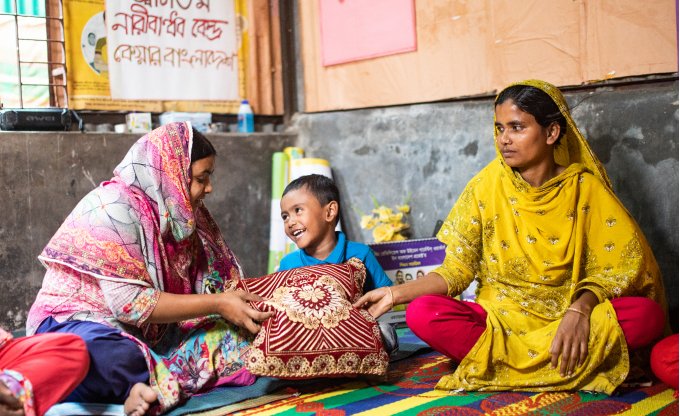
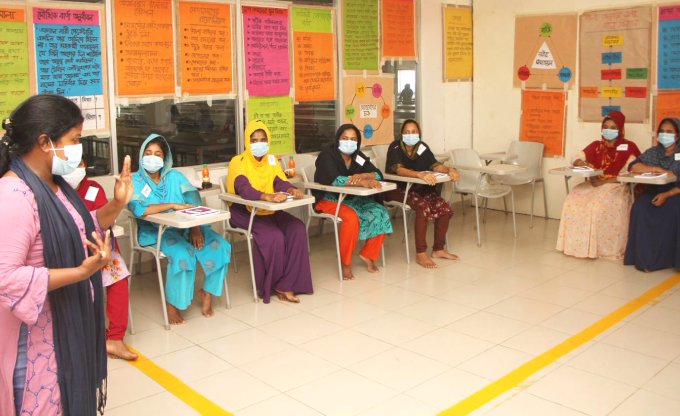
Founded in 1945, CARE is a leading humanitarian organization fighting global poverty with special focus on working with girls and women. CARE currently works in over 100 countries. In today's Bangladesh, CARE started its journey in 1949 and our current programs are focused around Women and Girls' Empowerment, Health and Nutrition, Extreme Rural Poverty Reduction, and Humanitarian and Resilience. In FY21, CARE in Bangladesh reached out to 7.5+ million people directly and 32.08+ million people indirectly with 61 projects/initiatives where 56% of our program participants were women.
CARE has reached over 480,000 women garment workers at workplaces and in their communities, working in close collaboration with over 175 factory management teams in 5 industrial areas of Bangladesh. CARE has a unique understanding and experience in translating buyer-supply chain needs into win-win collaborations that advance the shared goals of buyers, suppliers, and women garment workers.
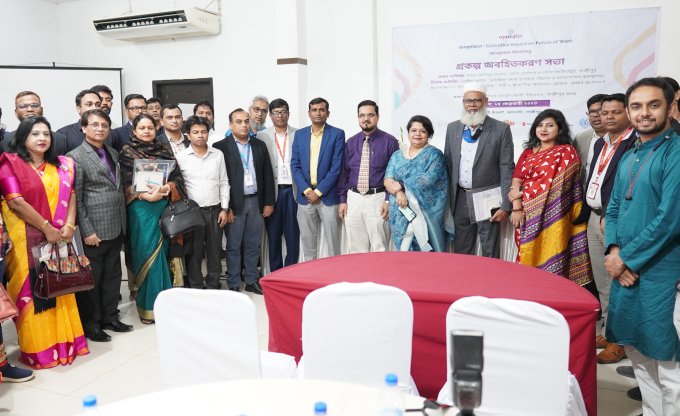
Organizing buy-in meetings with factory management in order to sensitize them about the project activity.
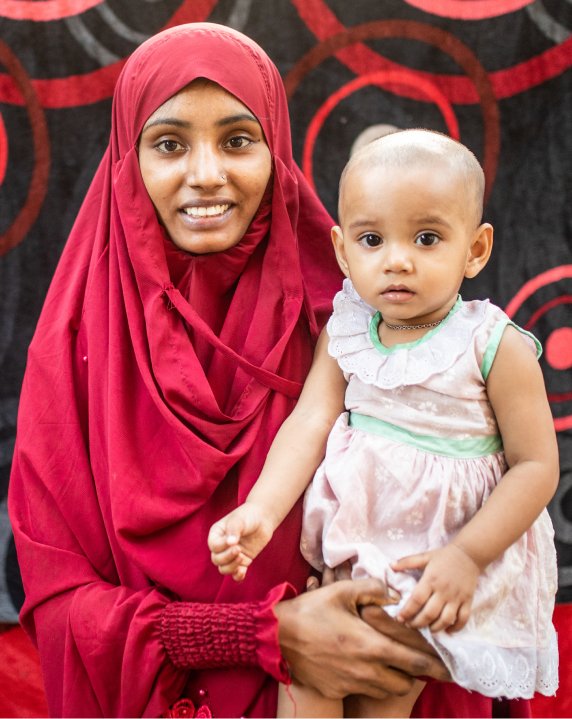
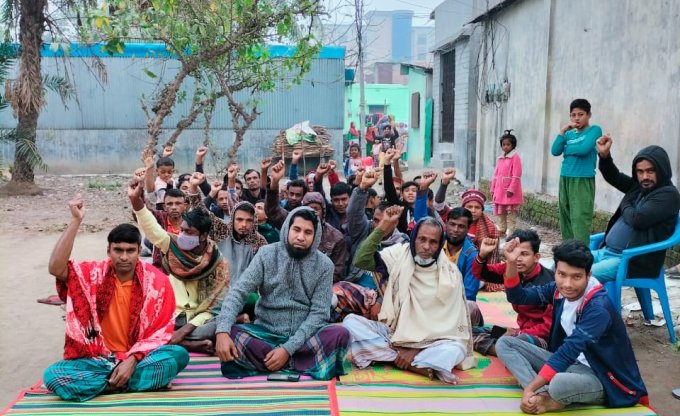
Primary actors:
Secondary actors:
Under the auspices of Women-Friendly Spaces:
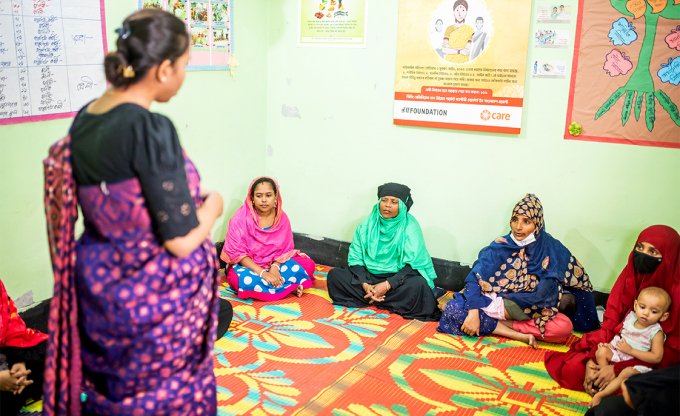
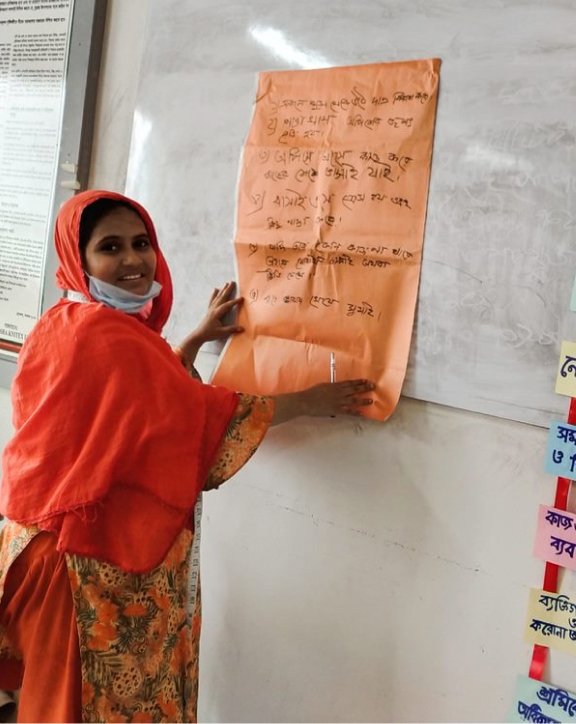
Primary actors:
Under the auspices of Women-Friendly Spaces:
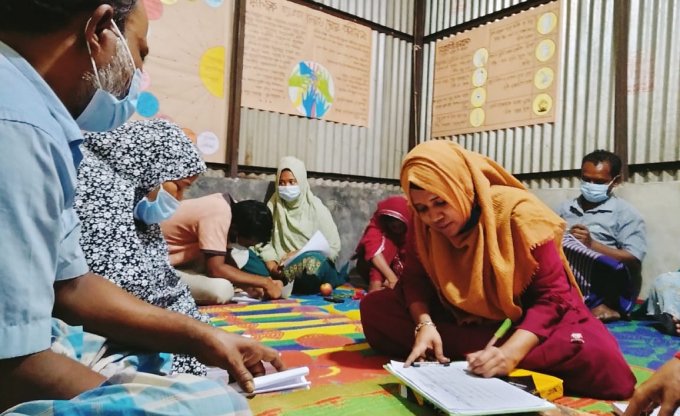
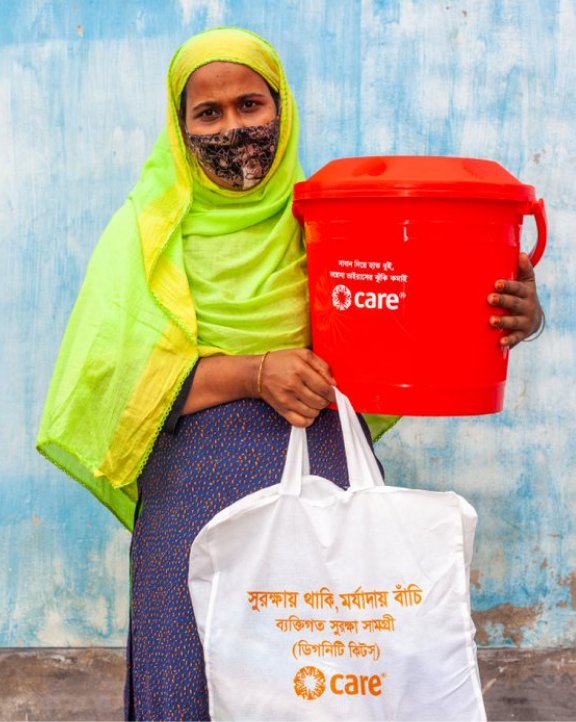
Primary actors:
Exploring our valuable resources for empowering communities and driving positive impact.